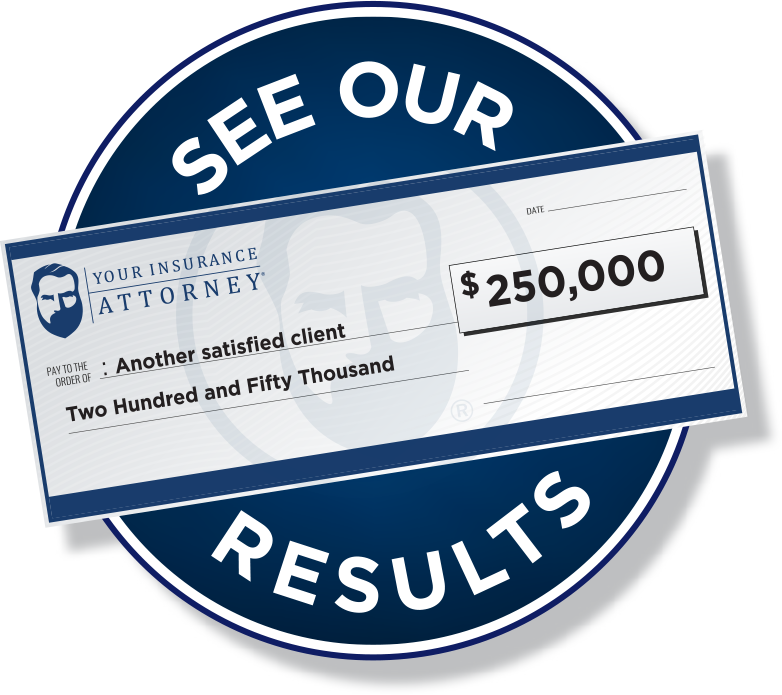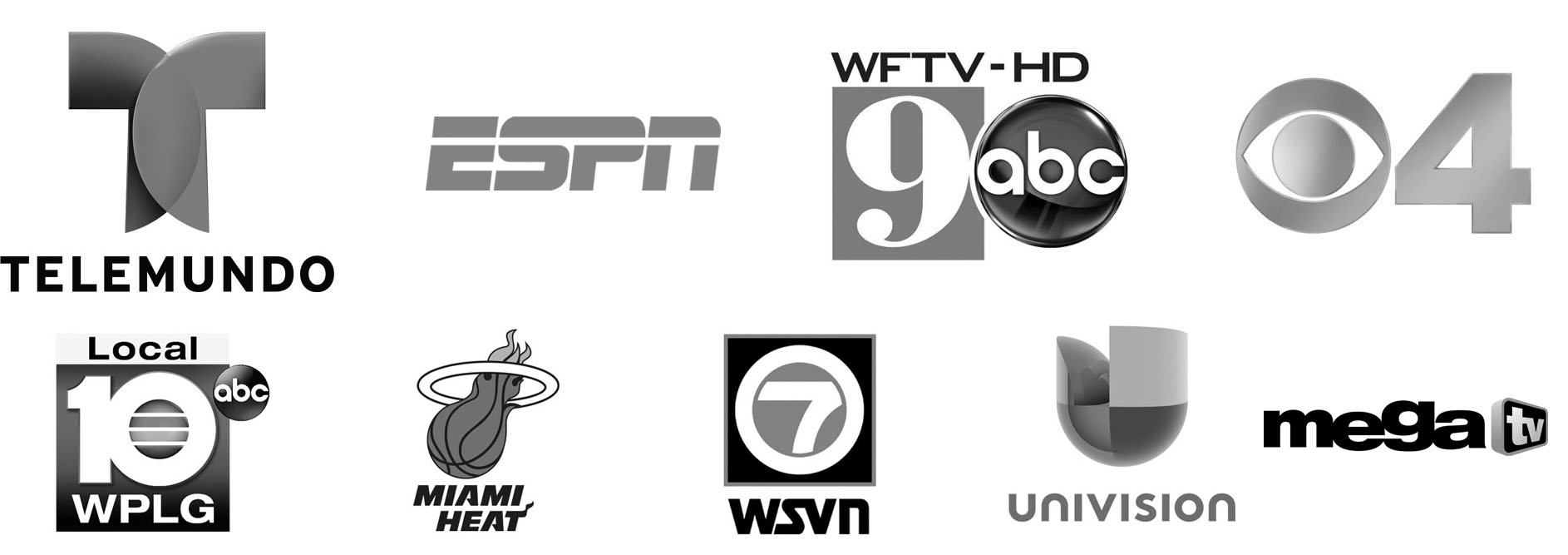
When your home suffers damage in Florida, the situation may feel disorienting and frustrating. You expect help, not hurdles. And if you’re reading this, you’re likely dealing with the fallout from a storm, flood, fire, or mold problem. You’re not alone, and there are real ways forward.
Your Insurance Attorney understands how property damage disrupts lives. We focus on helping Florida homeowners get the compensation they are owed for damages to their homes.
A Florida home damage attorney fights for property owners when insurance claims stall, undervalue, or deny rightful payments. We understand that each home and each claim requires close attention. From filing the paperwork to negotiating settlements, we’re committed to supporting you at every stage.
In Florida, home damage is typical. Hurricanes, flooding, and subtropical moisture make our properties vulnerable year-round. If your house or condo has suffered any damage, an attorney focused on Florida home damage law may reduce delays and improve outcomes with your insurer.
Florida homes face a variety of threats, some seasonal, others year-round. Understanding the most frequent types of damage helps you identify what might apply to your situation.
From Jacksonville to Key West, no Florida region is immune to storm season. Hurricane winds tear through roofs, break windows, and bring flying debris. Even areas like Orlando and Gainesville feel the punch when systems move inland. Florida statutes place time limits on hurricane claims, so acting quickly matters.
These powerful storms don’t just damage exteriors; they disrupt lives. Homeowners often find themselves without power, shelter, or peace of mind. A Florida home damage lawyer helps you get back on your feet by building a strong case and submitting thorough documentation.
Many parts of Florida, including Miami-Dade and Lee County, sit at or below sea level. High rainfall, storm surge, or poor drainage may flood homes quickly. While homeowners’ insurance doesn’t typically cover floods, some policies offer limited protection. If your property flooded after a hurricane or pipe burst, a Florida home damage lawyer analyzes your policy language.
Standing water ruins flooring, furniture, drywall, and personal belongings. If left untreated, moisture contributes to mold and bacteria. Florida home damage attorneys intervene when an insurance company refuses to acknowledge the extent of water-related loss.
Persistent moisture is part of life in Florida. Mold may take hold in HVAC units, bathrooms, attics, or crawl spaces. Some policies cover mold cleanup if it’s tied to a covered loss. For instance, water from a storm-damaged roof that leads to mold might be compensable.
The remediation cost may be high, especially when toxic mold spores spread throughout a property. You shouldn’t have to battle your insurer to fix a condition that poses a health risk to your family. A Florida home damage lawyer brings clarity to this often-overlooked type of damage.
Lightning storms are frequent visitors in Tampa, Tallahassee, and central Florida. They spark fires or cause power surges that damage appliances and systems. Insurers often contest these claims by blaming wear and tear or poor maintenance. An experienced Florida home damage attorney will help present solid evidence to refute weak denials.
Rebuilding after a fire includes replacing not just structural materials, but cherished possessions. We understand the emotional weight of this damage and aim to help you rebuild with dignity and efficiency.
Heavy winds often send tree branches crashing through windows or onto roofs. Your coverage might extend to tree removal, structural repairs, and interior water damage from punctures.
Some policies include tree-related damage under windstorm protection. Others treat it as a separate claim. A Florida home damage attorney helps determine where your coverage stands and what’s required to make a successful claim.
Reading an insurance policy in full is rarely something anyone enjoys. But unfortunately, many homeowners misunderstand what their coverage includes. Deductibles for hurricane damage may differ significantly from those for fire or vandalism. There are also exclusions and conditions that insurers may use to reject valid claims.
A Florida home damage lawyer helps break through that confusing language. We look closely at:
Policies often require homeowners to take immediate steps to reduce additional losses. This includes tarping a roof, boarding windows, or hiring emergency services. Failing to do so might reduce or eliminate your claim payout.
If your property was damaged, these steps may help support your claim:
It’s easy to miss a detail when you’re already dealing with disruption. From the Panhandle to the Florida Keys, Your Insurance Attorney helps clients avoid common mistakes in the claims process.
Delays and denials are far too common. Some common issues include:
If you believe your insurer is acting unfairly, Florida law covers civil remedies for bad faith insurance conduct.
Some companies may request unnecessary paperwork or re-inspections to delay payouts. Others shift blame to contractors or argue that your maintenance habits caused the problem. A Florida home damage attorney holds these companies accountable and pushes for a resolution.
We know Florida, and we know how local weather events damage homes. From Naples to Pensacola, our team has seen the entire range of property issues. We’re not a general law firm. We focus heavily on property damage claims, so we’re familiar with the tactics insurers use to minimize payments. We:
Every case begins with a free consultation. During that conversation, we’ll listen, review your paperwork, and offer guidance on what to expect. We remain accessible throughout the claims process.
You may worry about the cost of hiring a Florida home damage attorney. We understand. That’s why we operate on a contingency fee basis. You don’t pay anything unless we help recover funds for your claim. This arrangement allows families to pursue claims without fear of financial risk.
We believe financial uncertainty shouldn’t prevent someone from defending their rights. Our clients don’t pay unless we recover compensation. That means you have support regardless of your budget.
We help homeowners throughout the state, including:
We are proud to represent residents across Florida’s cities, towns, and coastal areas. If you live near Daytona Beach, Port St. Lucie, or even inland areas like Ocala or Lakeland, help is just a phone call away.
Storm-related claims often involve multiple causes of loss. Rain, wind, surge, and flying objects happen fast and overlap. Insurance companies sometimes divide these causes to avoid full coverage. For example, they might pay for wind damage but deny flooding or reduce payout amounts by blaming “pre-existing wear.”
Under Florida law, you have a right to a fair investigation. Florida law outlines insurer responsibilities regarding timelines.
Your Insurance Attorney helps document storm damage thoroughly. We push back when insurance companies:
Mold may spread rapidly after a water event, especially in Florida’s humidity. Delays in approving a claim may lead to expensive remediation that could have been prevented. Some insurance policies have strict limits for mold-related claims, even if they stem from a covered loss. That’s why early legal help matters.
We help homeowners document:
When the emergency response phase ends, you face a second challenge: dealing with insurance. Here’s how to stay focused:
A Florida home damage attorney helps organize this evidence, which often makes the difference in getting a claim resolved.
Denials aren’t always final. We often find that claims were denied due to insufficient documentation or interpretation issues. Other times, the insurer acted improperly. You have the right to appeal or litigate if needed. We’ll walk through your denial letter, compare it to your policy, and determine the best next step.
According to the Florida Office of Insurance Regulation, the state receives thousands of consumer complaints every year related to claim delays and denials.
Florida law allows policyholders to pursue additional damages if their insurer acted in bad faith. Common examples include:
We may send a Civil Remedy Notice (CRN) on your behalf, a formal notification required under state law.
Most homeowner policies cover damage from wind, fire, and lightning. Coverage for flooding or mold may be limited or require specific endorsements. A Florida home damage attorney helps interpret your policy and determine what’s included.
Time is critical. For hurricane-related damage, Florida law requires claims to be submitted within one year of the storm. Other types of claims may have different deadlines, often shorter than expected.
Insurers may deny claims for alleged policy violations, missed deadlines, or disputed damage sources. If you’ve received a low settlement or denial, a Florida home damage lawyer may identify whether the insurer acted improperly or in bad faith.
You can, but it’s not required. Many homeowners contact us first, so we help guide the process from the beginning and avoid common pitfalls in the early claim stages.
Your Insurance Attorney works on a contingency basis. This means you don’t pay upfront. We receive payment only if your claim is successful.
You may still be owed more. If the payment doesn’t fully cover your losses, a Florida home damage lawyer may review your case and help you seek additional compensation.
Possibly. Time limits apply, but every situation is unique. Reach out for a free consultation to discuss your options.
If you’re dealing with any of the following, it might be time to call us:
You’re not asking for anything more than what you paid for. Let us help you advocate for your rights.
If your Florida home has been damaged and you’re facing insurance issues, don’t go it alone. At Your Insurance Attorney, we’re here to provide support, clarity, and accountability.
We take pride in helping real families and property owners get results.
Call us today at 888-570-5677 to schedule a free consultation.

No matter how sincere and polite insurance company representatives seem, they are not wholly on your side. Only the advocates at Your Insurance Attorney are completely devoted to your best interests.
To demonstrate this commitment, Your Insurance Attorney doesn’t receive any compensation unless you do. Whether your hurricane or storm claim hasn’t been filed yet or you’re in the middle of the claims process, contact Your Insurance Attorney to fight on your behalf.
#FearTheBeard ™
What to do if damage from
a hurricane or storm doesn’t
present until some time later.
Why should people speak
with YIA first before calling
their insurance company?
Is there a fee for inspecting
property damage or for
reviewing an insurance policy?


2300 Maitland Center Parkway
Suite 122
Maitland, Florida 32751
We truly care about getting the best results for you. Our goal is to help you through powerful representation from start to finish. We work with clients all over the states of Florida, Georgia, Colorado, North Carolina, and California.